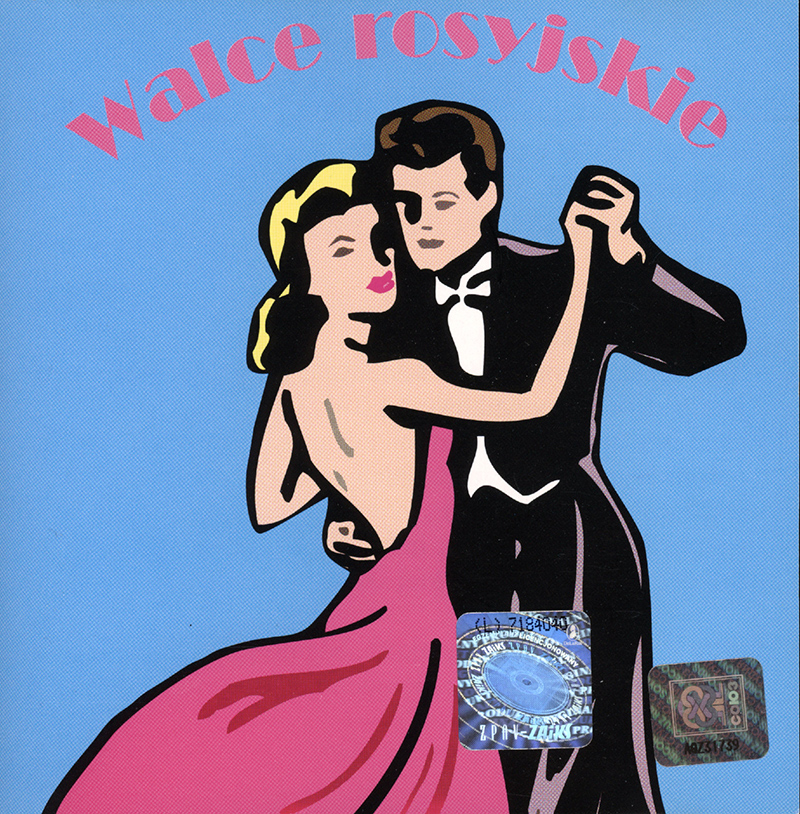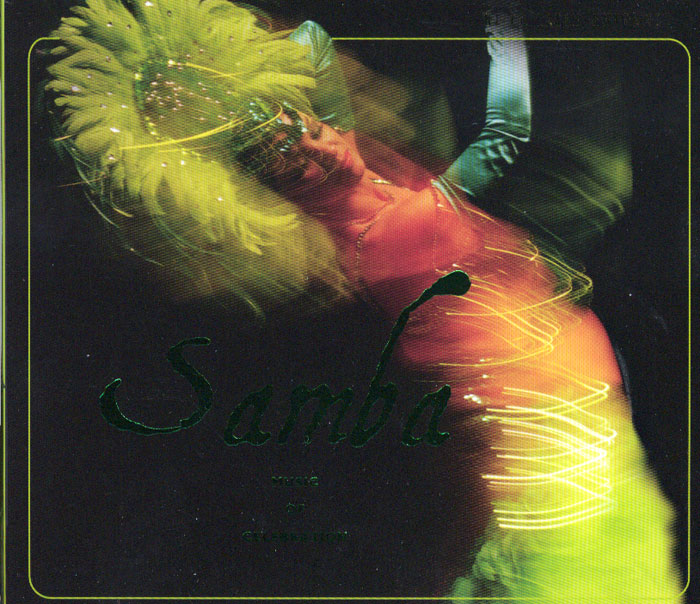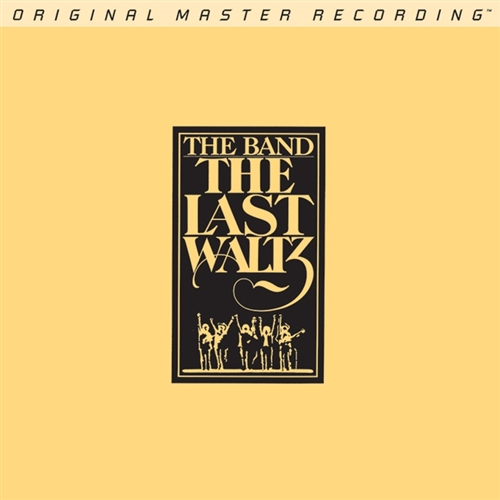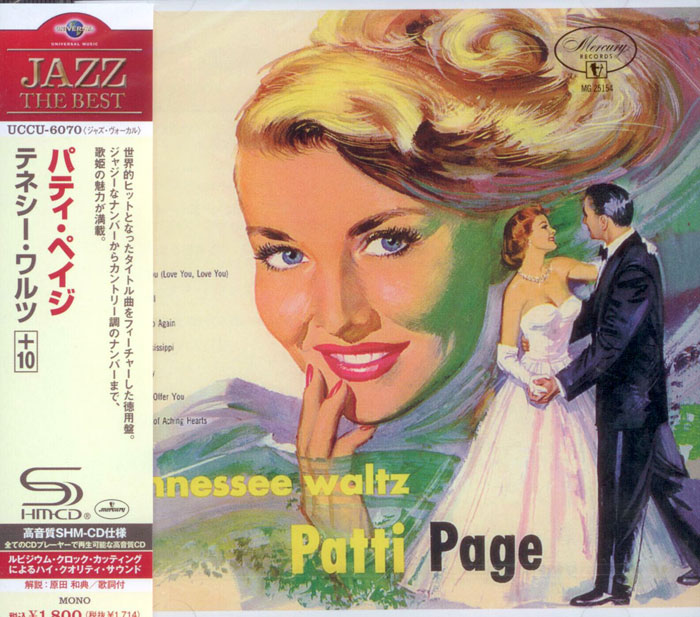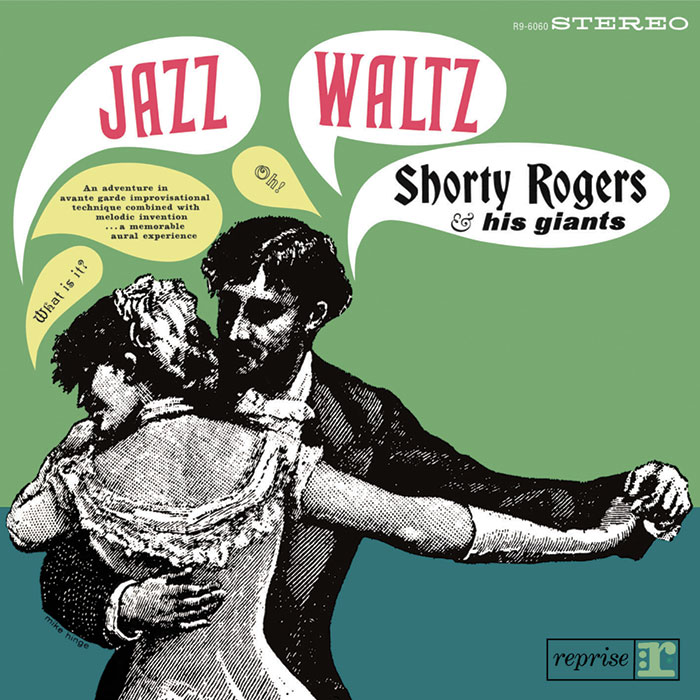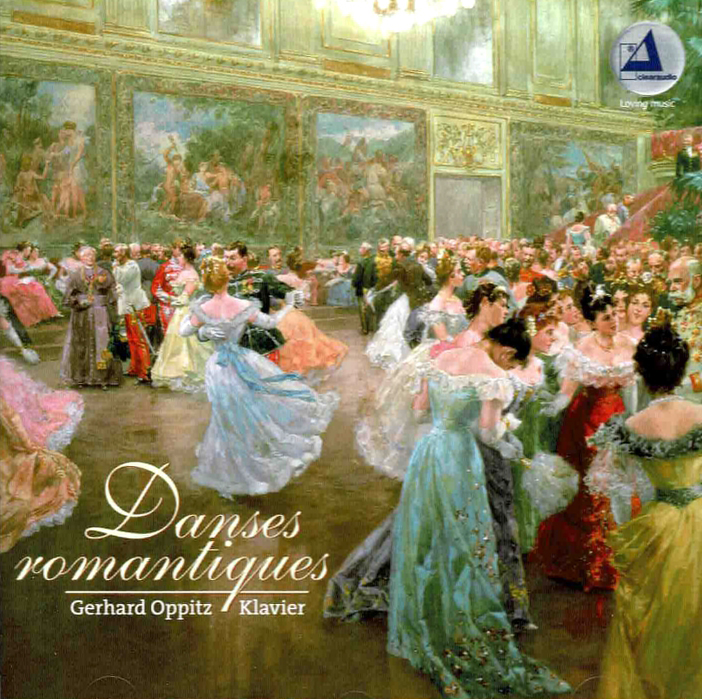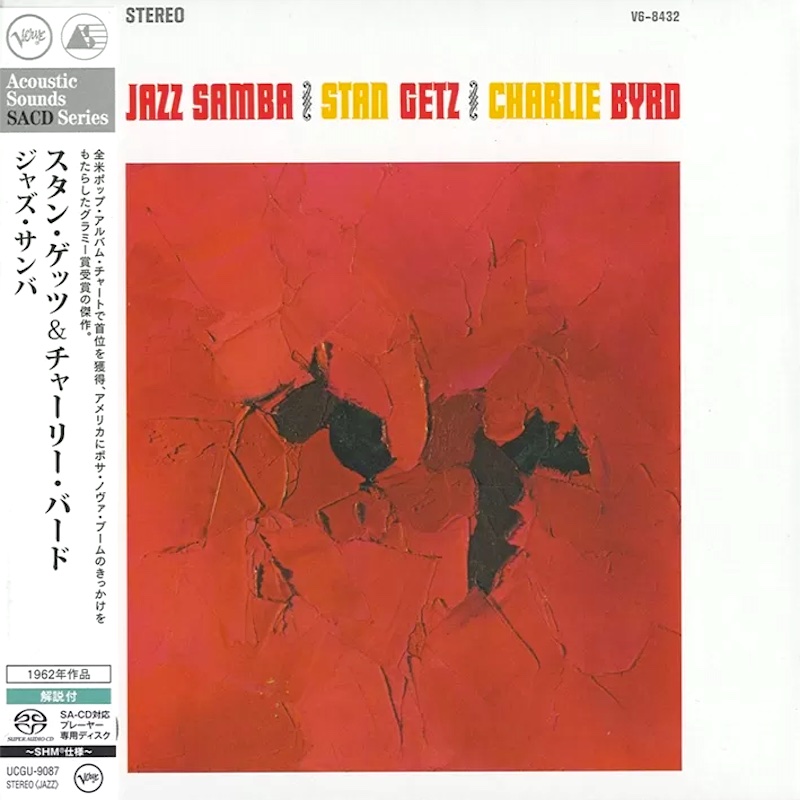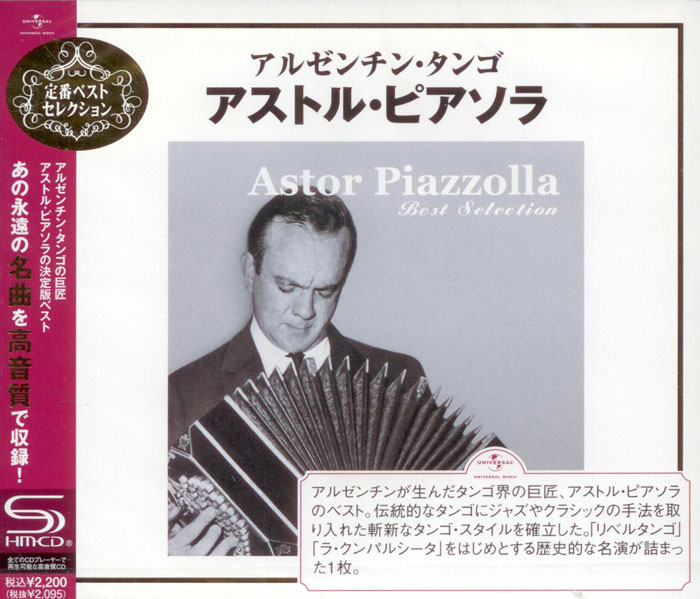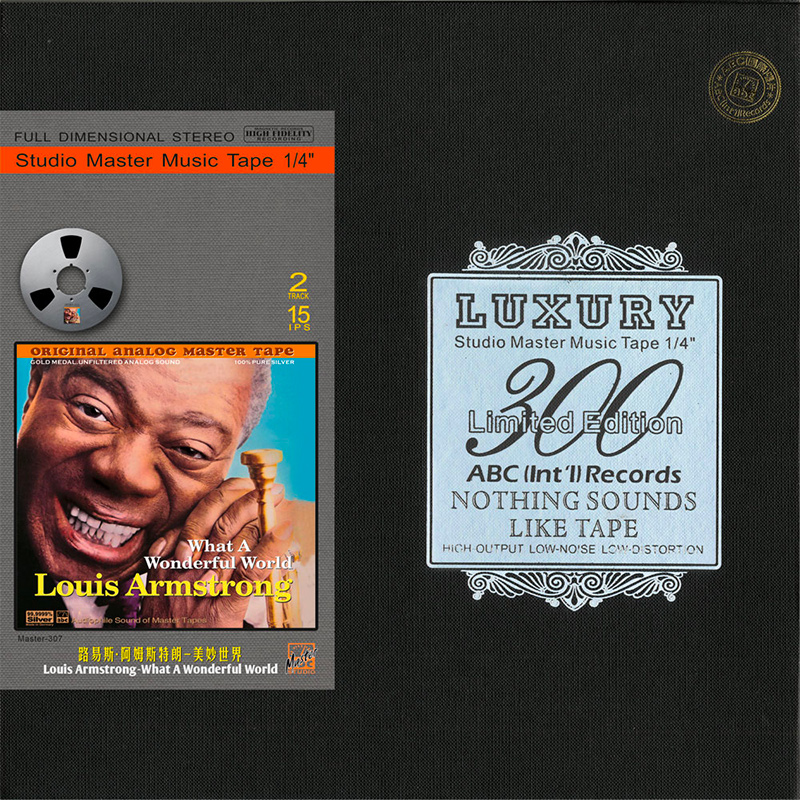Logowanie
Dziś nikt już tak genialnie nie jazzuje!
Bobby Hutcherson, Joe Sample
San Francisco
SHM-CD/SACD - NOWY FORMAT - DŻWIĘK TAK CZYSTY, JAK Z CZASU WIELKIEGO WYBUCHU!
Wayne Shorter, Freddie Hubbard, Herbie Hancock, Ron Carter, Elvin Jones
Speak no evil
UHQCD - dotknij Oryginału - MQA (Master Quality Authenticated)
Karnawał czas zacząć!
Music of Love - Hi-Fi Latin Rhythms
Samba : Music of Celebration
AUDIOPHILE 24BIT RECORDING AND MASTERING
CHOPIN, LISZT, DEBUSSY, DVORAK, Gerhard Oppitz
Dances romantiques - A fantastic Notturno
Wzorcowa jakość audiofilska z Clearaudio
Winylowy niezbędnik
ClearAudio
Double Matrix Professional - Sonic
najbardziej inteligentna i skuteczna pralka do płyt winylowych wszelkiego typu - całkowicie automatyczna
Louis Armstring and His All-Stars
What A Wonderful World
- Louis Armstring and His All-Stars - orchestra
ULTRA Analog CD - AAD is a Digital Copy Of The Master Tape
A jazz pioneer, Louis Armstrong was the first important soloist to emerge in jazz, and he became the most influential musician in the music's history. As a trumpet virtuoso, his playing, beginning with the 1920s studio recordings he made with his Hot Five and Hot Seven ensembles, charted a future for jazz in highly imaginative, emotionally charged improvisation. For this, he is revered by jazz fans. But Armstrong also became an enduring figure in popular music due to his distinctively phrased baritone singing and engaging personality, which were on display in a series of vocal recordings and film roles. He weathered the bebop period of the '40s, growing ever more beloved worldwide. By the '50s, Armstrong was widely recognized, even traveling the globe for the US. .State Department and earning the nickname "Ambassador Satch." His resurgence in the '60s with hit recordings like 1965's Grammy-winning "Hello Dolly" and 1968's classic "What a Wonderful World" solidified his legacy as a musical and cultural icon. In 1972, a year after his death, he received a Grammy Lifetime Achievement Award. Similarly, many of his most influential recordings, like 1928's "West End Blues" and 1955's "Mack the Knife," have been inducted into the Grammy Hall of Fame.
With his instantly recognizable rich, gravelly voice, Armstrong was also an influential singer and skillful improviser, bending the lyrics and melody of a song. He was also skilled at scat singing. Armstrong is renowned for his charismatic stage presence and voice as well as his trumpet playing. By the end of Armstrong's career in the 1960s, his influence had spread to popular music in general. As with his trumpet playing, Armstrong's vocal innovations served as a foundation stone for the art of jazz vocal interpretation. The uniquely gravelly coloration of his voice became a musical archetype that was much imitated and endlessly impersonated. His scat singing style was enriched by his matchless experience as a trumpet soloist. His resonant, velvety lower-register tone and bubbling cadences on sides such as "Lazy River" exerted a huge influence on younger white singers such as Bing Crosby.
The influence of Armstrong on the development of jazz is virtually immeasurable. His irrepressible personality both as a performer and as a public figure was so strong that to some it sometimes overshadowed his contributions as a musician and singer. As a virtuoso trumpet player, Armstrong had a unique tone and an extraordinary talent for melodic improvisation. Through his playing, the trumpet emerged as a solo instrument in jazz and is used widely today. Additionally, jazz itself was transformed from a collectively improvised folk music to a soloist's serious art form largely through his influence. He was a masterful accompanist and ensemble player in addition to his extraordinary skills as a soloist. With his innovations, he raised the bar musically for all who came after him.
“What a Wonderful World” is one of the many songs that have stood the test of time. Through its music and lyrics it tells us that when it seems all is lost and that despair is in our hearts, there is always a hope for the future. Though it was written during a time of terrible turmoil, it promised us a hope for a better future and showed us that we can always come out on top. Louis Armstrong was a black American who faced prejudice and bitterness towards him and yet still felt enough joy and hope within himself to produce such a loving, touching song. The song spoke to many people of different races and religions. It told us that no matter what you look like or who you are, things can always get better no matter how bad they seem.
 Zapraszamy
Zapraszamy














